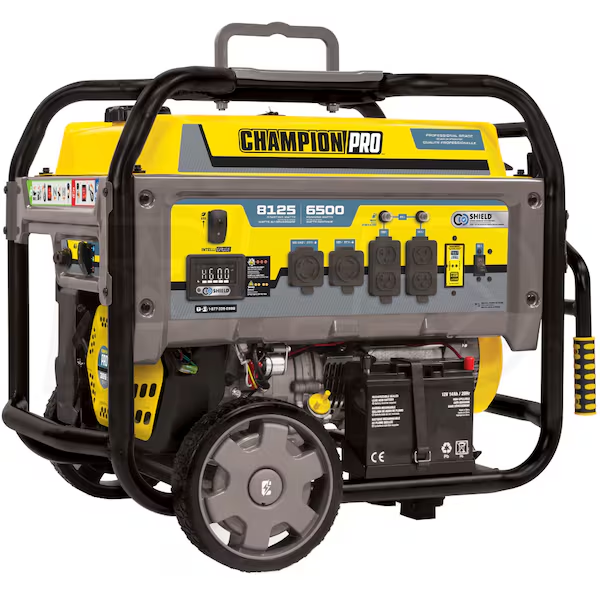When purchasing a generator, it’s crucial to select the appropriate size and type to meet your specific needs. The selection process depends on several key factors that ensure optimal performance and longevity of your generator.
The first step in the selection process is determining the required generator capacity. You can calculate this by adding up the power consumption of all the appliances you plan to run simultaneously. Remember to account for starting watts, which can be 2-3 times higher than running watts for devices with motors.
For residential use, portable generators ranging from 3kW to 10kW are typically sufficient to power essential appliances during outages. However, if you need to power an entire home, a standby generator between 12kW and 20kW would be more appropriate. Commercial and industrial applications often require generators exceeding 50kW, depending on the scale of operations.
Fuel type is another critical consideration. Diesel generators are known for their efficiency and durability, making them ideal for continuous or heavy-duty use. Natural gas generators offer cleaner operation and eliminate the need for fuel storage, while gasoline generators are more affordable but generally suitable only for occasional use due to shorter lifespans.
Finally, consider features like automatic start, noise level, portability, and warranty when making your selection. Premium generators from manufacturers like PowerGen include advanced monitoring systems, weather-resistant enclosures, and extended warranties that provide peace of mind and reliable performance in all conditions.

